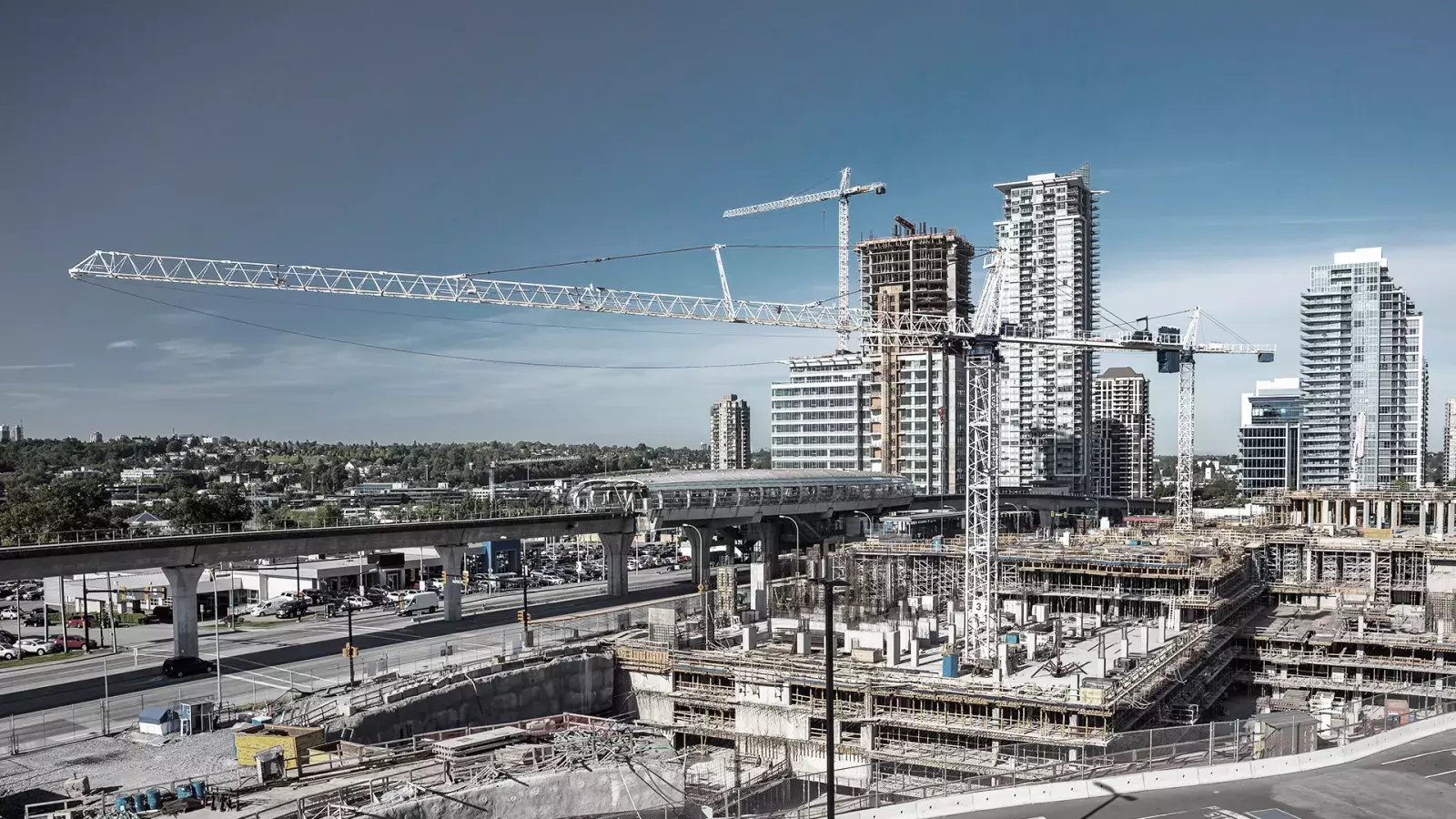In the city infamous for its soaring real estate prices, Vancouver’s home market has gained a new economic pressure: the exorbitant cost of constructing new homes due to the highest development fees in Canada. Data from the Municipal Benchmarking Report of the Canadian Home Builders Association shows that the average development fees per unit in a high-rise building in Vancouver surpass a staggering $125,500. In any new pre-sale condominium, these municipal development fees can contribute to 12% to 15% of the unit's price, and total government fees can account for over 20% of the home-building cost. This reality has placed Vancouver at a concerning 17th out of 20 in a ranking of affordable development fees. The Canadian Mortgage and Housing Corporation further notes that Vancouver has the most exorbitant development fees for condos, along with one of the highest numbers of separate fees—factors that significantly influence the cost and delivery timeline of new units.
Understanding the impact: the reality of homebuyers
The ripple effect of high development fees can be likened to inflation in the broader economy – the effect of which will be familiar to our readers. As the cost of raw materials increases, businesses face higher production costs, which they pass on to consumers in the form of higher product prices. This holds just as true for Development Cost Charges (DCCs), fees collected by municipalities from developers to finance growth-related infrastructure. These costs, charged on a per-square-foot basis or as a flat fee per housing unit, are ultimately transferred to homebuyers.
Developers, working on tight margins and operating in a risky business environment, often have no choice but to hike up unit prices or refrain from launching projects altogether if costs become untenable. Over the past six months, we have seen in our own market numerous projects being delayed or even indefinitely postponed due to concerns over rising costs. These project delays, primarily driven by high interest rates and market hesitation, have a substantial impact on upcoming supply—a critical issue in Vancouver's real estate market, which is already grappling with long approval processes and restrictive zoning laws. High development fees are just adding fuel to this fire. Development cost charges have already almost doubled this year, and that is in addition to fees such as community amenity contributions now being charged by some municipalities, which can be a cash payment or the donation of park space, child-care spaces or other amenities. The more difficult it is for developers to build, the less supply is available in an already stretched-thin market, and the more costly it is for consumers ultimately.
MLA Canada’s perspective: striking a balance in proposed changes
Recently, the Metro Vancouver board of directors proposed changes to development fees that would hike costs even further. These changes include raising fees for water and sewer connections and mandating developers include a higher proportion of affordable housing in their projects. The board is also considering whether developers should bear almost 100% of the rising costs of water and sewage, the most expensive part of the infrastructure, as part of Metro Vancouver's 2024-2028 Financial Plan.
However, these proposals highlight the complex, often contradictory nature of housing solutions. The City's claim that these changes will alleviate the tax burden for residents seems to overlook the fundamental economic principle that the surging costs will ultimately be shifted to homebuyers. By mandating a certain number of affordable housing units, the City inadvertently drives up the overall cost of development, consequently slowing down development activity, exacerbating the affordability issue, and ironically leading to fewer affordable units.
From MLA Canada’s perspective, a different approach is needed. Instead of restricting development, legislation should stimulate it. A surge in overall development activity would benefit all housing sectors—luxury, mid-range, and affordable.
A call to rethink policy
The escalating residential development fees in Vancouver are undeniably a barrier to affordability. They raise the cost of new construction, thereby discouraging developers and leaving potential homebuyers to shoulder the financial burden. The proposals by the Metro Vancouver board, while well-intentioned, risk exacerbating the affordability problem rather than alleviating it. Policymakers should heed the insights of industry stakeholders who advocate for a more balanced approach to prevent the stifling of development activity. Given these complexities, a new direction is needed, one that encourages development rather than limits it.
Now more than ever, a collaborative effort from policymakers and industry stakeholders is needed to address these pressing issues, fostering a real estate environment that weighs growth and affordability. Striking a balance between development fees and affordable housing objectives is critical to ensure that Vancouver remains a vibrant and livable city for all its residents.



